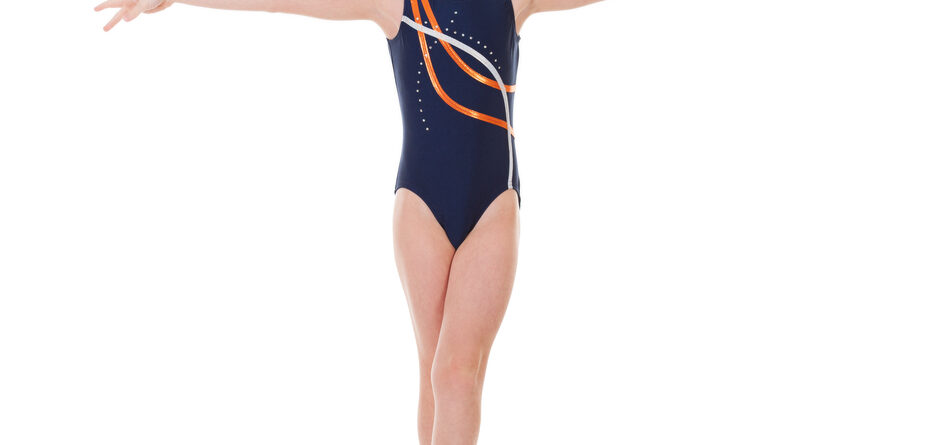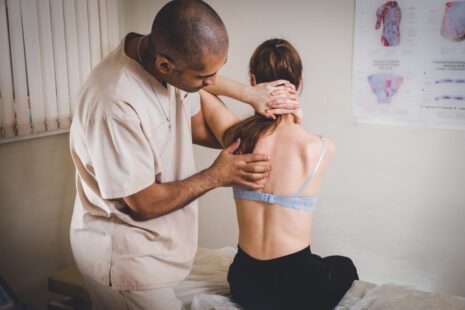Delayed puberty, or the phenomenon of gymnasts experiencing puberty later than average, has been observed in some female gymnasts.
There are several factors that may contribute to this delay…
- Intense Training – Elite gymnasts often engage in rigorous training schedules from a young age, which can involve several hours of intense physical activity each day. The stress of high-volume training can affect the body’s hormonal balance, potentially delaying the onset of puberty.
- Low Body Fat Percentage – Gymnasts, particularly those competing at the highest levels, often maintain very low body fat percentages to meet aesthetic standards and enhance performance. Low body fat levels can disrupt the production of hormones involved in puberty, such as estrogen, which can delay the onset of menstrual cycles and other secondary sexual characteristics.
- Energy Deficiency – Some gymnasts may not consume enough calories to support their energy needs, given the demands of training. This energy deficiency, coupled with the high energy expenditure from training, can lead to disruptions in hormonal regulation and delay puberty.
- Psychological Stress – The pressure to perform at a high level in gymnastics, combined with the demands of training and competition, can create significant psychological stress for athletes. Chronic stress can affect the hypothalamic-pituitary-adrenal (HPA) axis, which plays a crucial role in regulating hormonal activity, potentially delaying puberty.
- Genetics – Genetic factors may also play a role in the timing of puberty in gymnasts. Some individuals may be predisposed to later onset puberty, regardless of their participation in gymnastics.
It’s important to note that not all gymnasts experience delayed puberty, and the extent of the delay can vary widely among individuals. Delayed puberty in gymnasts is not necessarily harmful or indicative of long-term health issues. However, it’s essential for coaches, parents, and healthcare professionals to monitor gymnasts’ growth and development closely and provide appropriate support and guidance as needed.
In some cases, adjustments to training volume, nutrition, and psychological support may be necessary to help gymnasts navigate the challenges of puberty and maintain overall health and well-being.




